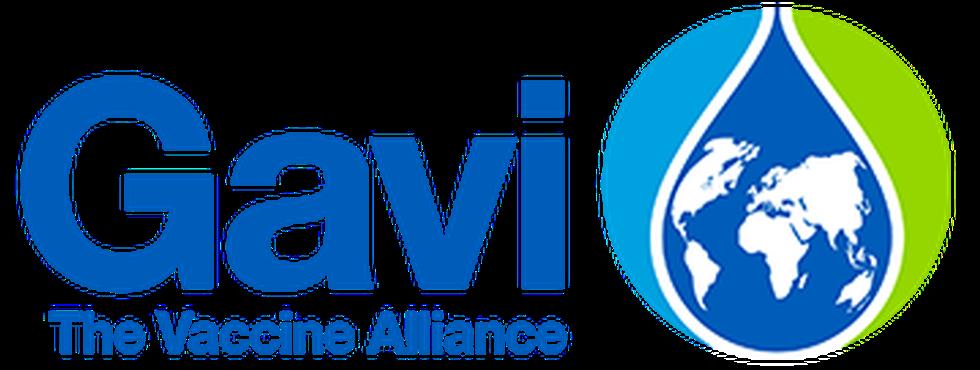
GAVI, the Vaccine Alliance

30.04.2025
GAVI, the Vaccine Alliance
|
For Prelims: About GAVI, the Vaccine Alliance |
Why in the news?
Gavi, the international vaccine alliance, is trying to convince President Donald Trump’s administration to maintain vital funding for the body by arguing that a donation would boost the US vaccine industry.
About GAVI, the Vaccine Alliance:
- It is an independent public-private partnership that was created in 2000 to improve access to new and underused vaccines for children living in the world’s poorest countries.
- Based in Geneva, Switzerland, Gavi brings together public and private sectors with the shared goal of creating equal access to vaccines for children, wherever they live.
- It brings together developing country and donor governments, the World Health Organization, UNICEF, the World Bank, the vaccine industry, research and technical agencies, civil society organizations, and private philanthropists.
- Gavi’s main activities include supporting low- and middle-income countries’ access to new and underused vaccines for vulnerable children through financial support, technical expertise, and market-shaping efforts, such as negotiating with manufacturers, to help lower the cost of procuring vaccines.
- By bringing the key stakeholders in global immunisation together around one mission, Gavi combines the technical expertise of the development community with the business know-how of the private sector.
- Since its beginnings, Gavi has vaccinated more than 1.1 billion children and saved an estimated 18.8 million lives (2023 figures).
- Gavi was one of the organizations leading COVAX, a multilateral effort that supported the equitable development, procurement, and delivery of COVID-19 vaccines globally that began in 2020 and ended in 2023.
Source: The Print
Consider the following statements regarding GAVI, the Vaccine Alliance:
Statement-I: It is an intergovernmental organisation that was created to improve access to vaccines for children in the world’s poorest countries
Statement-II: I It is based in Geneva, Switzerland.
Which one of the following is correct in respect of the above statements?
A.Both Statement-I and Statement-II are correct, and Statement-II is the correct explanation for Statement-I.
B.Both Statement-I and Statement-II are correct, and Statement-II is not the correct explanation for Statement-I.
C.Statement-I is correct, but Statement-II is incorrect.
D.Statement-I is incorrect, but Statement-II is correct.
Answer D